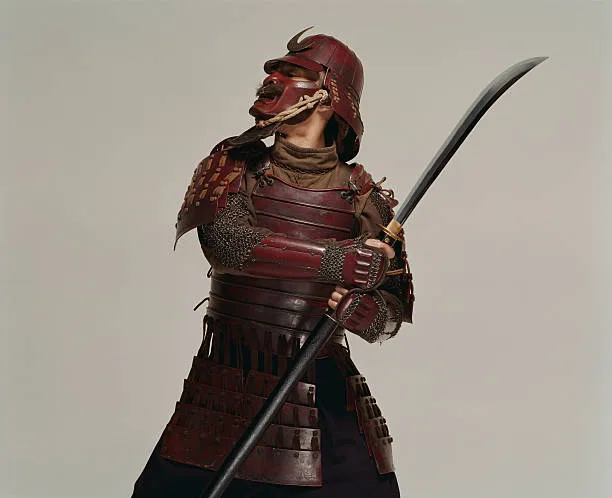What is a Samurai ? : Guardians of Honor, Duty, and Discipline: For centuries, the samurai have captivated the imaginations of people worldwide with their unwavering commitment to honor, duty, and discipline. Originating in feudal Japan, these noble warriors embodied a unique blend of martial prowess, spiritual depth, and a strict code of conduct known as Bushido. To understand the essence of the samurai is to delve into a rich tapestry of history, tradition, and philosophy.
What Is Samurai ?
At its core, the term “samurai” refers to the military nobility of medieval Japan. Emerging during the Heian period (794-1185), these skilled warriors served as the enforcers of law and order in a society marked by feudalism and constant warfare. Initially, the samurai were primarily mounted archers, but as Japan’s political landscape evolved, so too did their role on the battlefield.
Central to the identity of the samurai was the Bushido, or “Way of the Warrior” — a code of conduct that governed every aspect of their lives. Bushido emphasized virtues such as loyalty, integrity, courage, and self-discipline. For the samurai, honor was paramount, and they were willing to sacrifice their lives rather than compromise their principles.

Bushido Practice
The practice of Bushido extended beyond the battlefield and permeated every aspect of samurai life. From poetry and tea ceremonies to calligraphy and flower arranging, these warriors were encouraged to cultivate a well-rounded appreciation for the arts. This pursuit of refinement was not seen as a contradiction to their martial skills but rather as complementary, as it fostered a balance between the physical and the spiritual.
One of the most famous aspects of the samurai code was their unwavering loyalty to their lord. Known as “bushidō,” this loyalty demanded absolute obedience and service unto death if necessary. Samurai pledged their lives to their daimyo (feudal lord), forming a bond that was considered sacred and unbreakable. This loyalty extended beyond mere duty; it was a deeply ingrained sense of honor and obligation.
BIGG BOSS 17 CONTESTANTS CELEBRATES A SUCCESS PARTY
The katana, a curved, single-edged sword, is perhaps the most iconic symbol of the samurai. Revered for its craftsmanship and deadly efficiency, the katana was more than just a arm; it was an extension of the samurai’s soul. Forged with meticulous attention to detail, each katana was believed to possess its own spirit, and the bond between warrior and sword was sacred.
Despite their formidable reputation on the battlefield, the samurai were not merely warriors; they were also scholars, philosophers, and administrators. In times of peace, they served as bureaucrats, overseeing the governance of their lord’s domain and dispensing justice to the common people. This duality — the ability to wield both the sword and the pen — was a testament to the versatility and adaptability of the samurai.
Era of Samurai
The era of the samurai eventually came to an end with the Meiji Restoration in the late 19th century, as Japan underwent rapid modernization and embraced Western ideals. However, their legacy lives on, immortalized in literature, film, and popular culture. The samurai continue to inspire admiration and fascination, their ethos of honor and duty serving as a timeless example of what it means to live with integrity and courage.
In essence, the samurai were more than just skilled warriors; they were exemplars of a way of life defined by honor, duty, and discipline. Through their unwavering adherence to the Bushido code, they left an indelible mark on the pages of history, forever remembered as paragons of virtue and courage.









